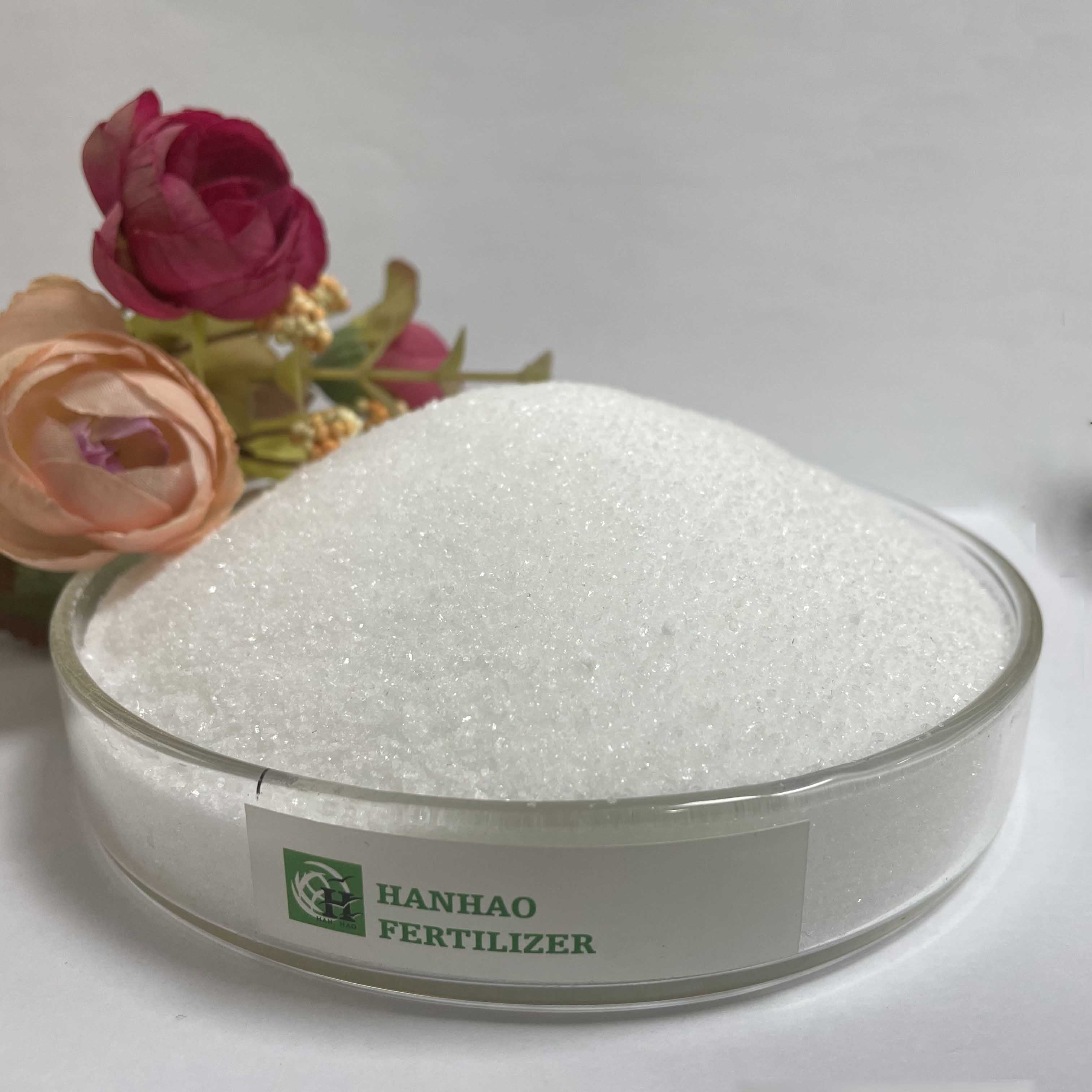
Oct . 22, 2024 14:39 Back to list
Effective Water-Soluble Fertilizers for Optimal Cotton Growth and Yield Enhancement
The Importance of Water-Soluble Fertilizer for Cotton Cultivation
Cotton is one of the most significant cash crops globally, serving as a primary raw material for the textile industry. As the demand for high-quality cotton continues to rise, farmers face the challenge of optimizing crop yield and improving fiber quality. Water-soluble fertilizers have emerged as an essential tool in cotton cultivation, providing a solution to enhance soil fertility and meet the nutritional needs of the cotton plant.
Understanding Water-Soluble Fertilizers
Water-soluble fertilizers are products that dissolve completely in water, allowing for immediate nutrient availability to the plants. Unlike traditional granular fertilizers, which may take time to break down in the soil, water-soluble fertilizers offer a quick-release mechanism that ensures nutrients such as nitrogen, phosphorus, potassium, and micronutrients are readily accessible to cotton crops. This rapid absorption is crucial during critical growth stages, particularly during the flowering and boll development phases.
Advantages of Water-Soluble Fertilizers in Cotton Cultivation
1. Improved Nutrient Absorption Cotton plants require a variety of nutrients for optimal growth. Water-soluble fertilizers provide essential macro and micronutrients in a form that is easily absorbed by the roots. This leads to improved nutrient utilization efficiency, ultimately translating to healthier plants and better yields.
2. Precise Nutrient Management One of the key benefits of using water-soluble fertilizers is the ability to precisely control nutrient application. Farmers can tailor their fertilizer programs based on soil tests and the specific needs of the crop. This precision helps in avoiding nutrient deficiencies or toxicities that can adversely affect cotton growth.
3. Enhanced Crop Quality Using water-soluble fertilizers positively impacts the quality of cotton fibers. Nutrient-rich plants produce thicker, stronger fibers, which are essential for high-quality textile production. Moreover, proper nutrition can enhance the plant’s overall health and resilience against pests and diseases, leading to more uniform cotton production.
water soluble fertilizer for cotton

4. Compatibility with Irrigation Systems Water-soluble fertilizers can be easily incorporated into various irrigation systems, such as drip and pivot irrigation. This compatibility allows for efficient nutrient delivery directly to the root zone of the cotton plants, minimizing wastage and ensuring that nutrients are available when the plants need them most.
5. Reduced Environmental Impact The targeted application of water-soluble fertilizers reduces the risk of nutrient runoff and leaching into water bodies compared to conventional fertilizers. This not only conserves local ecosystems but also improves the sustainability of cotton farming practices.
Application Techniques
For optimal results, it is crucial to apply water-soluble fertilizers at the right time and in the correct manner. Farmers should consider the growth stages of the cotton plant
- Pre-planting Applying water-soluble fertilizers before planting can enhance soil nutrient levels, promoting early root development. - During Growth Stages Foliar applications during active growth periods can provide additional nutrient support, particularly when soil fertility is low or when plants show signs of deficiency. - Post-Harvest Utilizing water-soluble fertilizers after harvest can help restore soil fertility and prepare the field for the next planting season.
Conclusion
In conclusion, water-soluble fertilizers play a pivotal role in modern cotton cultivation, offering an efficient means of delivering essential nutrients to the plants. By improving nutrient absorption, enhancing crop quality, and facilitating precise nutrient management, these fertilizers empower farmers to achieve higher yields and better fiber quality. As the global demand for cotton continues to rise, the adoption of water-soluble fertilizers will be instrumental in meeting these demands while promoting sustainable agricultural practices. For cotton farmers looking to maximize their productivity and maintain environmental stewardship, water-soluble fertilizers represent an invaluable resource in their agricultural toolkit.
-
Premium Amino Acid Fertilizer | Rapid Plant Growth Booster
NewsJul.31,2025
-
10 10 10 Fertilizer Organic—Balanced NPK for All Plants
NewsJul.30,2025
-
Premium 10 10 10 Fertilizer Organic for Balanced Plant Growth
NewsJul.29,2025
-
Premium 10 10 10 Fertilizer Organic for Balanced Plant Growth
NewsJul.29,2025
-
Premium 10 10 10 Fertilizer Organic for Balanced Plant Growth
NewsJul.29,2025
-
50 Pound Bags of 13-13-13 Fertilizer for All Plants – Bulk & Organic Options
NewsJul.28,2025
